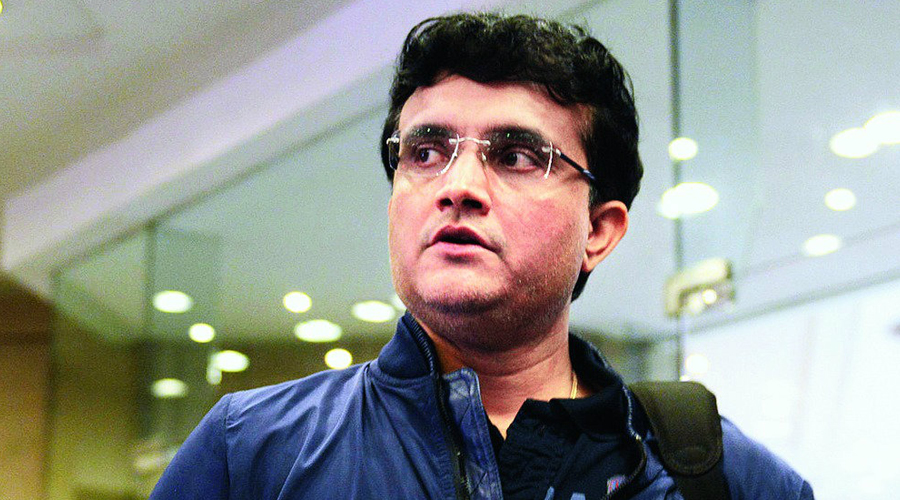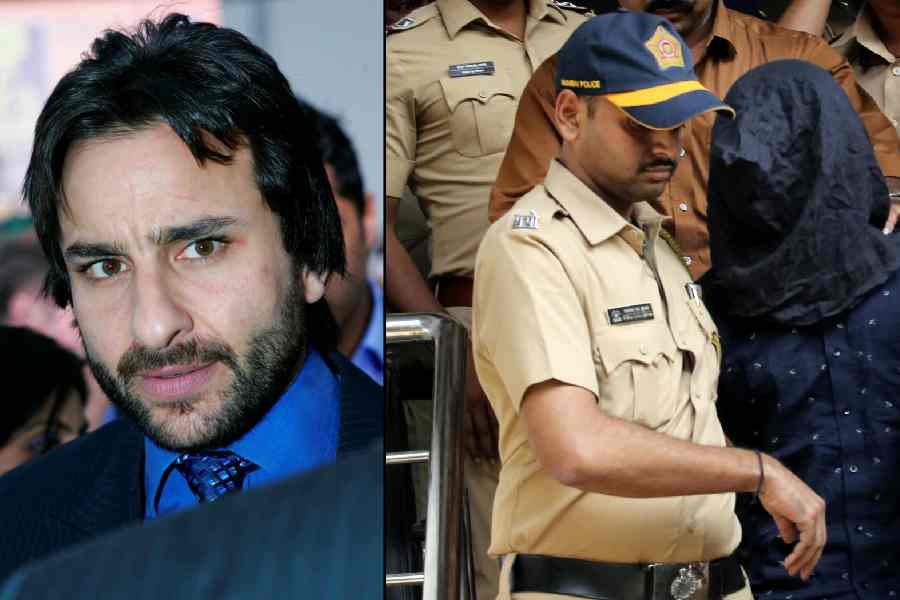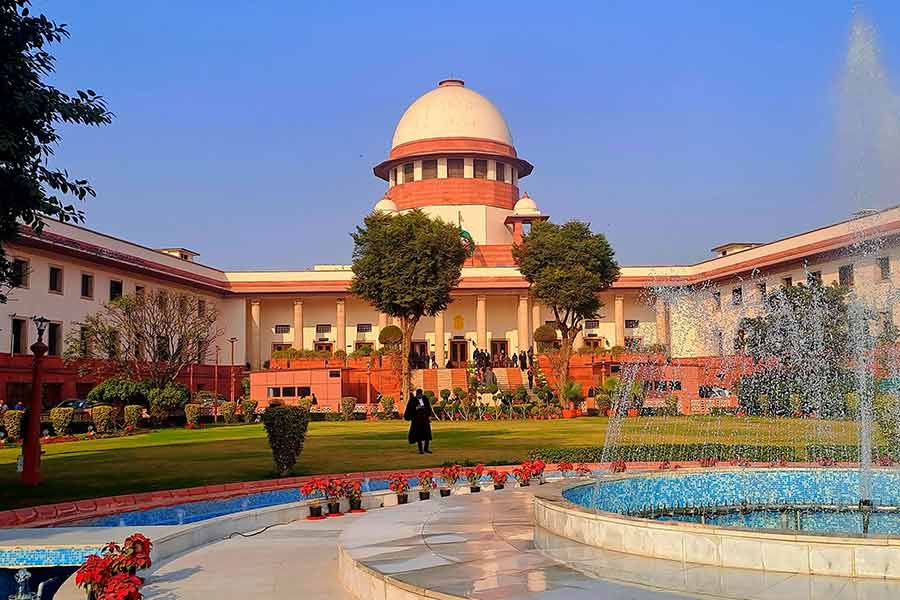Indian cricket was out hit-wicket on Wednesday.
The president of the BCCI and the captain of the Indian team should have been like two batters at opposite ends of the wicket, united by an invisible 22-yard thread that binds them to work towards a common goal.
However, the way the script has unfolded in the last few months doesn’t augur well for Indian cricket. It doesn’t seem that the Sourav Ganguly-Virat Kohli partnership has been smooth.
But was it inevitable, a conflict between two of Indian cricket’s strongest personalities? We don’t know.
The seeds of mistrust perhaps had been sown a few years ago when the Cricket Advisory Committee, which included Sourav, had proposed an extension for then India coach Anil Kumble but captain Kohli, apparently, didn’t agree to it. The result: Kumble had to resign and in came Ravi Shastri.
It’s not that Sourav or Virat has ever spoken against each other publicly. Sourav, in fact, has always been effusive in his praise for Kohli the cricketer. But in the corridors of Indian cricket, not every disagreement has a public echo.
Kohli answered all questions upfront at the media conference on Wednesday. There was no hesitation in him revealing that contrary to what the BCCI (read president Sourav) said, he was never asked not to give up T20I captaincy and that the news of him being removed as the ODI skipper was conveyed to him just 90 minutes prior to the selection meeting. If true, that’s poor from the BCCI.
The BCCI, or Sourav, was expected to counter Kohli’s bouncer, but till late on Wednesday, there was no response. Are they ducking for cover? Or are they preparing the right answer, covering all bases, before they can come on the front-foot? If they are indeed doing their homework, good, but they should have done it earlier as well. They should have known that announcing Kohli’s removal as the ODI captain with a one-liner in a media release is not even amateurish, it’s childish.
If it were the selectors, led by former pacer Chetan Sharma, who made a mess of a sensitive issue, the top brass of the BCCI too can’t shrug off responsibility.
Sourav, a former captain himself and one who was known for always having a hand over the shoulders of his teammates during his captaincy days, should have particularly kept track of how the episode was unfolding. If what Kohli said is true, Sourav could have easily spoken to him personally to paint a clearer picture of the Board’s vision.
We of course don’t know for a fact that Sourav didn’t communicate at all with Kohli. We are yet to hear his side of the story.
That exactly has been the problem. The goings-on have been so clumsy that it is difficult to figure out who’s right and who’s wrong. One could still accept such mismanagement if it was about a struggling team, or a team in transition, or a bankrupt Board. But for a team who are doing quite well on the cricket field and a Board whose riches are ever-growing, it’s plain tragedy.
It’s not the first time though that removal of an Indian cricket captain has been mishandled. Legend has it that in the 1970s, Srinivas Venkataraghavan got to know about his sacking as the India captain when the team was on a flight back home from England, with the pilot breaking the news on the public address system. More recently, Sachin Tendulkar, in his autobiography Playing It My Way, narrated how he was unceremoniously removed as captain in 1997.
“No one from the BCCI managed to call me or inform me of my removal as captain before someone from the media called to say I was no longer captain… I felt extremely humiliated,” Sachin wrote.
Kohli, it seems, has been luckier.
But it’s time for the BCCI to mend its ways. Unless they don’t mind being the Board of Control for Childish Incidents.










